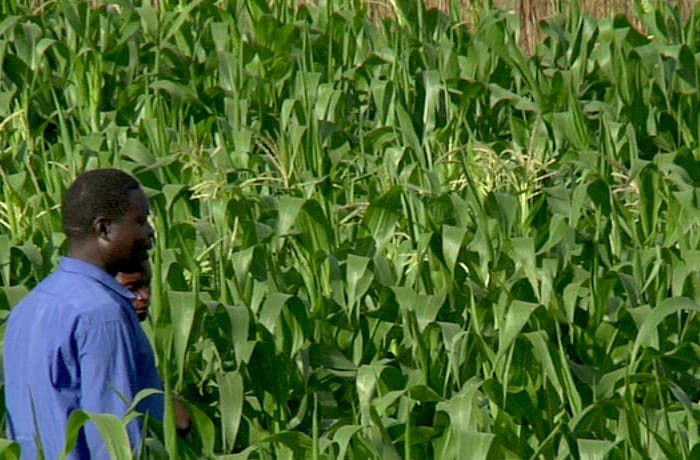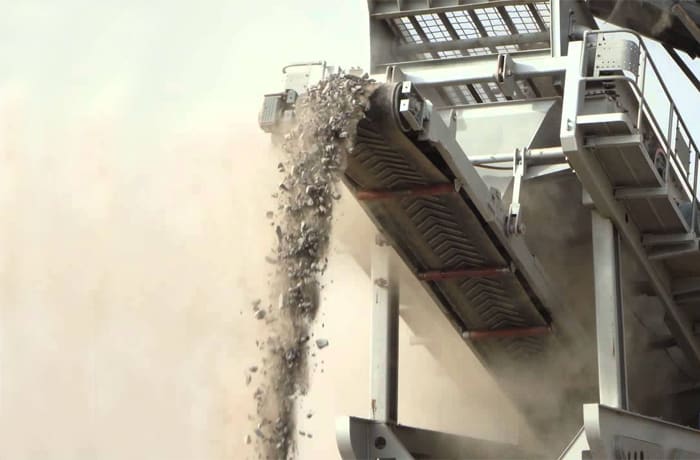
Turtle Agro Mining Ltd
Turtle Agro Mining manufactures dolomite lime using the roller mill method that is highly recommended for agricultural lime material. There are two basic types of agricultural lime used in Zambia: calcitic limestone, which consists of calcium carbonate and dolomitic limestone, a mixture of both calcium and magnesium carbonates. As they neutralise soil acidity, these lime materials also add calcium and magnesium to the soil. According to the University of Zambia Turtle Lime raises the pH of some acidic soils within 14 days.
Contact info
off Lumumba Road, Lusaka
9216 Lupenga Road off Lumumba Road, Soweto Area, Lusaka, Zambia
+260 211 286904, +260 211 286258
http://www.uniturtle.com
Message business
Enquiries, questions, quotation requests etc
Enquire via Email
Fertilisers
For easy handling and transporting convenience, Turtle Lime is packaged in 50 kg bags. Turtle Agro Mining maintains a stock of more than 2000 tons of stock at all times in order to promptly respond to customer requirements. Ground agricultural limestone should be applied to the soil at rates determined by soil test.
Combats soil acidity by reducing metals toxicity
Improves the performance of fertilizer
Improves soil physical structure with better water infiltration




+2
Contact information
off Lumumba Road, Lusaka
9216 Lupenga Road off Lumumba Road, Soweto Area, Lusaka, Zambia
+260 211 286904, +260 211 286258
http://www.uniturtle.com
Message Turtle Agro Mining Ltd
Enquiries, questions, quotation requests etc
Enquire via Email
Run a business in Zambia?
© 2021 Infobwana, Ltd. All rights reserved. Formally thebestofzambia.com · Learn more

